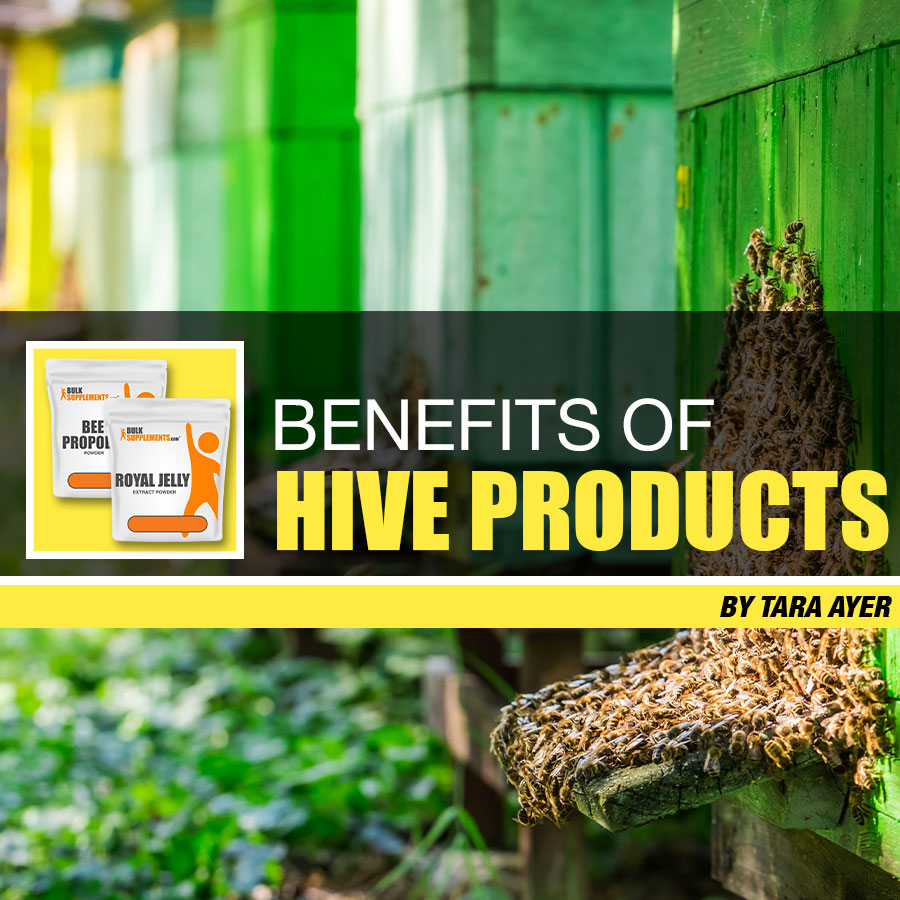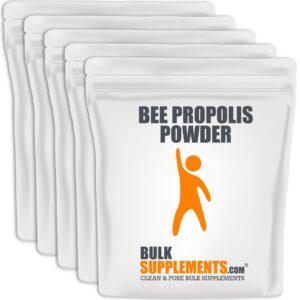Apiculture
Apiculture is the science and art of prolonging, sustaining, and retaining health by using products obtained from honeybee hives. These products include honey, bee bread, bee venom, bee pollen, propolis, and royal jelly. Everyone from Ancient Egyptians up to modern physicians have used hive products for healing wounds and fighting infections. While scientists still dispute exactly how long bees have existed on the planet, the earliest evidence of humans eating honey shows to be 10,000 years ago. In fact, records indicate that Egyptians constructed elaborate systems specifically for honey production. This includes specialized rafts for moving beehives along the River Nile to maintain close proximity to seasonal, flowering plants.
There are several health benefits that honeybee products claim to have, like helping with various types of diseases. That is why making honeybee products key nutraceutical foods in your diet is something you might need to consider as essential after reading. In this article we will examine what good honey, propolis, and royal jelly can do for your health and overall well-being.
Hive Products
Currently, many studies focus on investigating direct health benefits and pharmacological properties of bee products because of their promising efficacies. This leads to an increasing development of nutraceuticals and functional food from these products. The concept of functional food refers to food that has the ability to promote better physiological or psychological health, compared to traditional remediated and nutritional food options. More than ever, consumers are looking for natural options to enhance their fitness regimes. Bees are not only amazing little creatures, pollinating about 2⁄3 of the plant matter on the earth, but their homes are factories for beneficial functional food that humans have prized for centuries for good reason!
Honey
Honey contains high nutritive components that benefit our well being. Egyptians, Greeks, Romans, and Chinese traditionally use it to heal wounds and diseases of the gut, including gastric ulcers. It is also a remedy for cough, sore throat, and earaches. Raw, unpasteurized, organic honey is becoming harder and harder to resource as intensive monoculture farming practices, climate change, habitat loss and pesticide poisoning continue to cause pollinator populations around the globe to crash. Locally sourced honey is always recommended as long as it is minimally processed or heated to retain beneficial microbes and trace minerals.
 Propolis
Propolis
Propolis and its extracts have numerous applications in treating various diseases. This is due to its antiseptic, anti-inflammatory, antioxidant, antibacterial, anti-mycotic, anti-fungal, anti-ulcer, anticancer, and immunomodulatory properties. It is commonly referred to as “bee glue” and is the resinous substance gathered from various plants and tree exudates. This glue is used by bees to seal up crevices as it hardens when cool, but sticky when warm. It also serves to generally maintain an aseptic internal environment as bees live in close proximity and managing disease spread can mean life or death for the colony. Phenolic compounds, esters, flavonoids, terpenes, beta-steroids, aromatic aldehydes, and alcohols are the important organic compounds present in propolis. Propolis also contains several essential vitamins. This list includes vitamins B1, B2, B6, C, and E and useful minerals such as magnesium (Mg), calcium (Ca), potassium (K), sodium (Na), copper (Cu), zinc (Zn), manganese (Mn), and iron (Fe).
Royal Jelly
Royal jelly, a white and viscous jelly-like substance, produced by hypopharyngeal and mandibular gland secretion from worker bees. The queen bee consumes this super food for its longevity. This is because the queen lives for several years while worker and drone bees only live weeks on diets consisting of honey and pollen. Attributing to it are many pharmacological activities such as antibacterial, antitumor, anti-allergy, anti-inflammatory, and immunomodulatory effects. However, further human study is most definitely necessary on this topic. Based on modern analysis, royal jelly detects approximately 185 organic compounds. Royalactin is known as the most important protein present in royal jelly.
 Conclusion
Conclusion
Three-quarters of all food crops depend on pollination by insects, mostly managed bees. Their services are also crucial for maintaining the diversity of the world’s wild plants and the stability of ecosystems. The scale of bee loss has led to fears of a global pollination crisis in which crop yields begin to fall as demand for food rises.
You can do your part to help pollinators at risk in many many ways. Reducing your carbon footprint and planting native flowering plants is a start. As you can move on to making your property pesticide free and shopping local and organic wherever possible.
Remember that if you would like to try any of these products to head over to BulkSupplements.com. You can use code BeeCollaborative to receive 5% off your first order of propolis, royal jelly, or anything else!


 Propolis
Propolis Conclusion
Conclusion